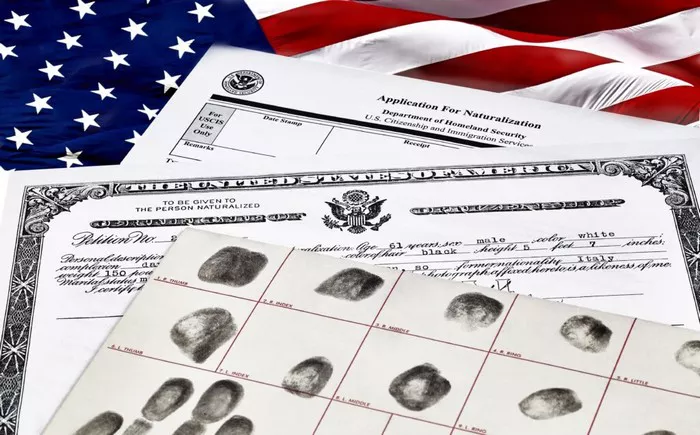Naturalization is the process by which a foreign citizen or national becomes a citizen of the United States. It is a significant milestone for immigrants who wish to fully integrate into American society and enjoy the rights and privileges of U.S. citizenship. This article will delve into the various aspects of naturalization in the United States, including eligibility requirements, the application process, and the rights and responsibilities of naturalized citizens.
Eligibility for Naturalization
Before applying for naturalization, individuals must meet certain eligibility requirements set forth by U.S. immigration laws. These requirements include:
1. Permanent Residency: The applicant must be a lawful permanent resident (green card holder) of the United States. This means they have been granted authorization to live and work in the U.S. permanently.
2. Physical Presence: Applicants must have resided continuously in the United States for a specified period, typically five years, before applying for naturalization. This period is reduced to three years for spouses of U.S. citizens who have been married and living together for at least three years.
3. Good Moral Character: Applicants must demonstrate good moral character throughout the statutory period of residence. This includes avoiding any criminal activity or behavior that may reflect negatively on their character.
4. Basic Knowledge of English and Civics: Applicants must be able to read, write, and speak basic English and have a basic understanding of U.S. history and government. They must pass a civics and English language test during the naturalization interview.
5. Attachment to the Constitution: Applicants must affirm their allegiance to the principles of the U.S. Constitution and be willing to support and defend the laws and ideals of the United States.
The Naturalization Process
The process of naturalization involves several steps, beginning with the submission of an application and ending with the administration of the Oath of Allegiance. Here is an overview of the naturalization process:
1. Prepare and Submit Form N-400: The applicant must complete and submit Form N-400, Application for Naturalization, to United States Citizenship and Immigration Services (USCIS). Along with the application, the applicant must provide supporting documents, such as proof of residency, evidence of good moral character, and any required fees.
2. Biometrics Appointment: After USCIS receives the application, the applicant will be scheduled for a biometrics appointment, where their fingerprints, photograph, and signature will be taken for background checks.
3. Naturalization Interview: The applicant will be scheduled for an interview with a USCIS officer. During the interview, the officer will review the applicant’s eligibility for naturalization, assess their ability to speak and understand English, and test their knowledge of U.S. history and government.
4. Civics and English Test: As part of the naturalization interview, applicants are required to take a civics and English language test. The civics test assesses their knowledge of U.S. history and government, while the English test evaluates their ability to speak, read, and write in English.
5. Oath of Allegiance: If the application is approved, the applicant will be scheduled to attend a naturalization ceremony where they will take the Oath of Allegiance, renouncing allegiance to their former country and pledging allegiance to the United States.
6. Receive Certificate of Naturalization: After taking the Oath of Allegiance, the applicant will receive a Certificate of Naturalization, officially recognizing them as a citizen of the United States.
Rights and Responsibilities of Naturalized Citizens
Naturalized citizens enjoy many of the same rights and privileges as native-born citizens, including:
The right to vote in federal elections
The ability to sponsor family members for immigration to the United States
Eligibility for federal government jobs
Access to federal benefits and programs, such as Social Security and Medicare
However, naturalized citizens also have certain responsibilities, including:
Upholding the laws of the United States
Serving on a jury when called upon
Paying taxes on income earned both in the United States and abroad
Registering with the Selective Service System (males between the ages of 18 and 25)
Conclusion
Naturalization is a complex process that allows foreign citizens to become full-fledged members of American society. By meeting eligibility requirements, completing the necessary paperwork, and demonstrating a commitment to the values and principles of the United States, immigrants can achieve the dream of U.S. citizenship. Through naturalization, individuals not only gain access to a wide range of rights and privileges but also assume the responsibilities of citizenship, contributing to the rich tapestry of American life.


